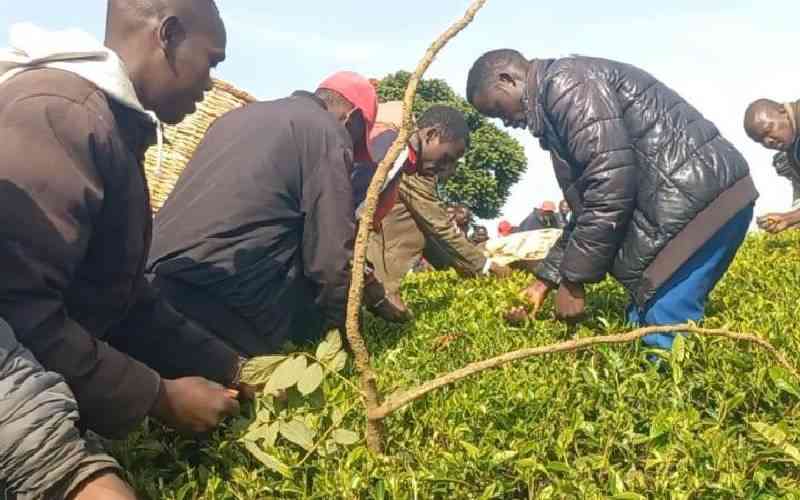×
The Standard e-Paper
Fearless, Trusted News

Residents of Kimasas village in Nandi County want the government to execute a Lands court decision over the disputed Kimasas tea estate.
They said that despite the court ruling that was delivered by the Environment and Lands Court in Nairobi on April 20, no appropriate action has been taken.